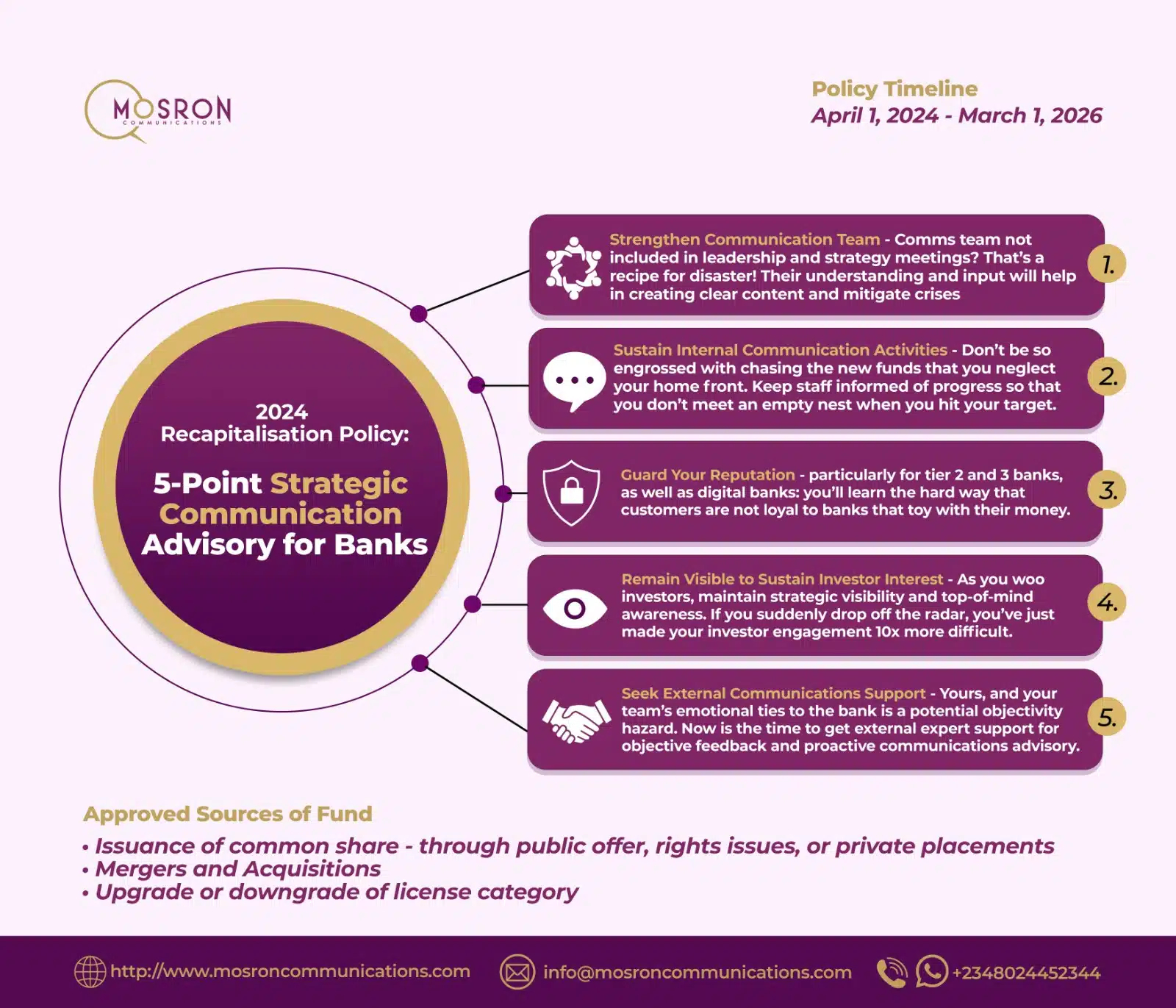The news:
- Nigeria’s telecom regulator bans former senior officials from joining operators for up to five years.
- The move is designed to prevent conflicts of interest and boost transparency.
- The directive aligns with global best practices and supports broader NCC corporate governance reforms
The Nigerian Communications Commission (NCC) has introduced a rule that bars former senior officials from working with telecom operators for a set period — five years for commissioners, executive vice-chairpersons, and the chief executive officer, and three years for department directors.
The measure is part of the NCC’s new Corporate Governance Guidelines 2025 and is aimed at preventing conflicts of interest in Nigeria’s telecom industry. By keeping regulators at arm’s length from operators after leaving office, the commission hopes to reinforce impartial oversight and bolster public trust in its decisions.
The policy forms part of a wider reform agenda by the NCC to promote transparency, accountability, and fair competition.
Recent initiatives include enforcing the Accounting Separation Framework, which compels operators to present separate, transparent financial statements, and pushing for infrastructure sharing to cut costs and improve service delivery. The commission has also acted against unauthorised tariff increases, insisting on clear disclosures to protect consumers.
Investor confidence is a particular focus for the NCC. With Nigeria’s telecom sector attracting billions in foreign and domestic investment, transparent governance safeguards are key to sustaining growth. The five-year rule creates a more predictable regulatory environment and reduces the risk of policy capture by industry players.
For consumers, the ultimate benefit could be better quality of service and a more competitive market. By limiting insider influence, the NCC aims to ensure that its regulatory decisions continue to serve the public interest rather than the priorities of former insiders.
While some former officials may see the cooling-off period as a barrier to career opportunities, the broader gains outweigh individual inconvenience. The NCC has not announced any transitional arrangements or exceptions to the rule, signalling its commitment to enforcing the new standards without delay.
If effectively implemented, the cooling-off rule could become a benchmark for other Nigerian regulators seeking to tighten governance and build long-term trust in their sectors.










